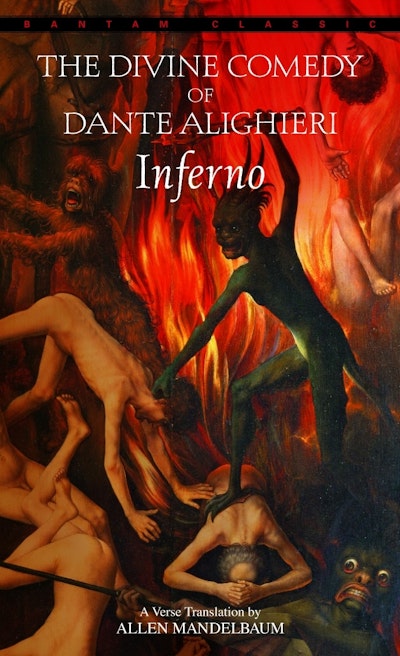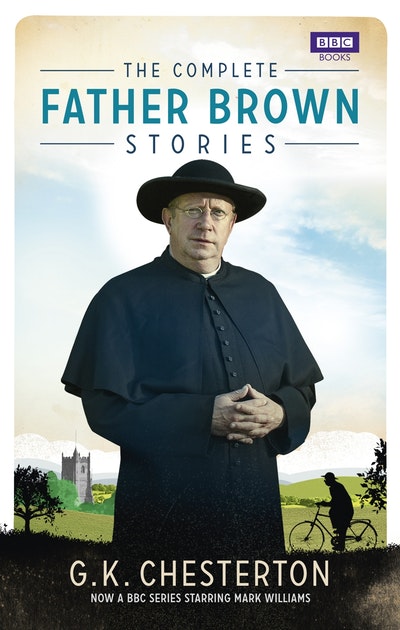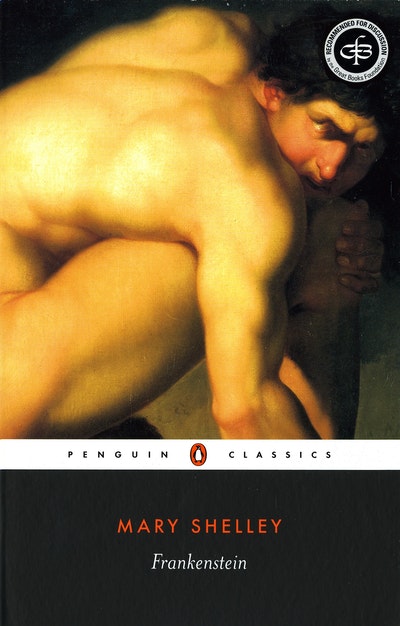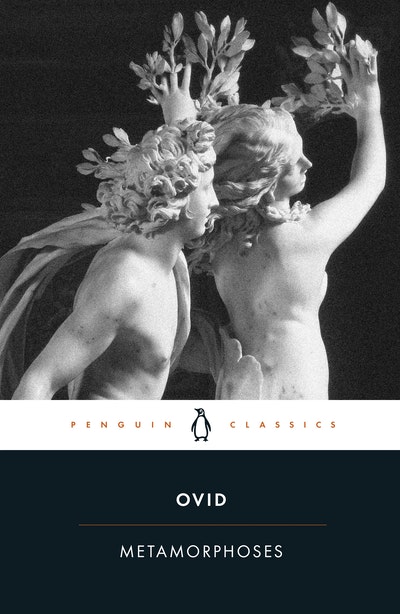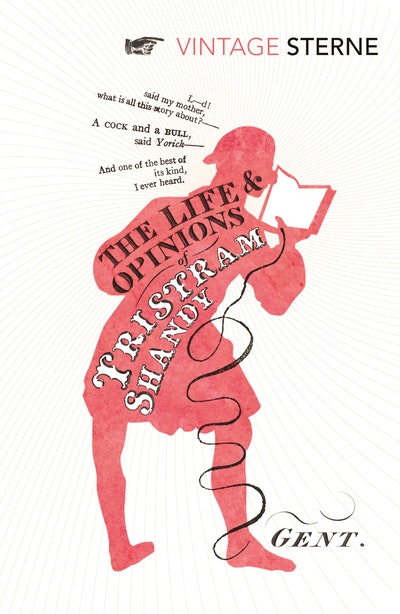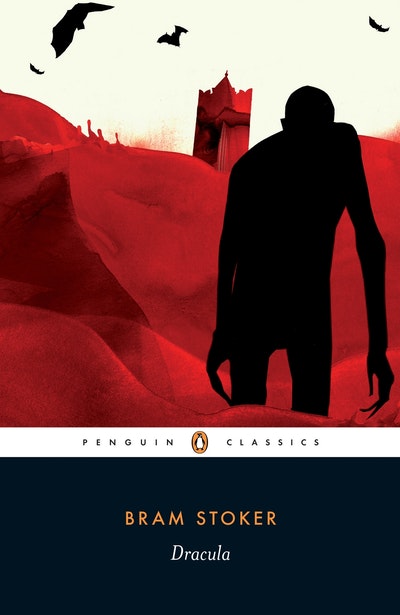- Published: 28 January 2015
- ISBN: 9780143106050
- Imprint: Penguin Classics
- Format: Paperback
- Pages: 240
- RRP: $38.00
The Origin Myth of Acoma Pueblo
A newly edited version of a masterpiece of American Indian mythology with re-inserted material.
A masterpiece of Pueblo Indian mythology, now in a restored edition
Edward Proctor Hunt, a Pueblo Indian man, was born in 1861 in the mesa-top village of Acoma, New Mexico, and initiated into several secret societies, only to later break with his people’s social and religious codes. In 1928, he recited his version of the origin myth of the Acoma Indians to Smithsonian Institution scholars. Hailed by many as the most accessible of all epic narratives recounting a classic Pueblo Indian story of creation, migration, and ultimate residence, the myth offers a unique window into Pueblo Indian cosmology and ancient history, revealing how a premodern society answered key existential questions and formed its customs. In this new edition, Peter Nabokov renders this important document into a clear sequence, adds excerpted material from the original storytelling sessions, and explores the creation and roles of such myths in Pueblo Indian cultures.
The remarkable life of Edward Hunt is the subject of Peter Nabokov’s companion volume, How the World Moves, which follows Hunt and his sons on their passage from tradition to modernity as they strike out as native entrepreneurs and travelling interpreters of American Indian lore.
- Published: 28 January 2015
- ISBN: 9780143106050
- Imprint: Penguin Classics
- Format: Paperback
- Pages: 240
- RRP: $38.00
Other books in the series
Related titles
Praise for The Origin Myth of Acoma Pueblo
Praise for Where the Lightning Strikes: The Lives of American Indian Sacred Places
"Inspired and highly informative. . .those wishing to understand the embattled Indian religion, and its profound relationship to the earth, won't find a better guide than Nabokov."--The San Francisco Chronicle
"Those who talk 'sense of place, ecosystem, bioregion, watershed, habitat, land ethics, the 'hood, the rez' and those who talk 'sacred' too will find themselves immensely instructed, brought up short, disciplined, and inspired by this impeccably researched and greatly needed book." --Gary Snyder
"Essential reading for anyone who wishes to understand the importance of maintaining living bonds between places on earth and the human soul." --Louise Erdrich
Praise for Native American Testimony
"Nabokov achieves what no one has before: the retelling of a half-millennium of history from an Indian viewpoint." --Jerry Mander, The Nation
"A major contribution to documentation of the historical interface between Indian and non-Indian." --Joseph Epes Brown, author of The Sacred Pipe


















